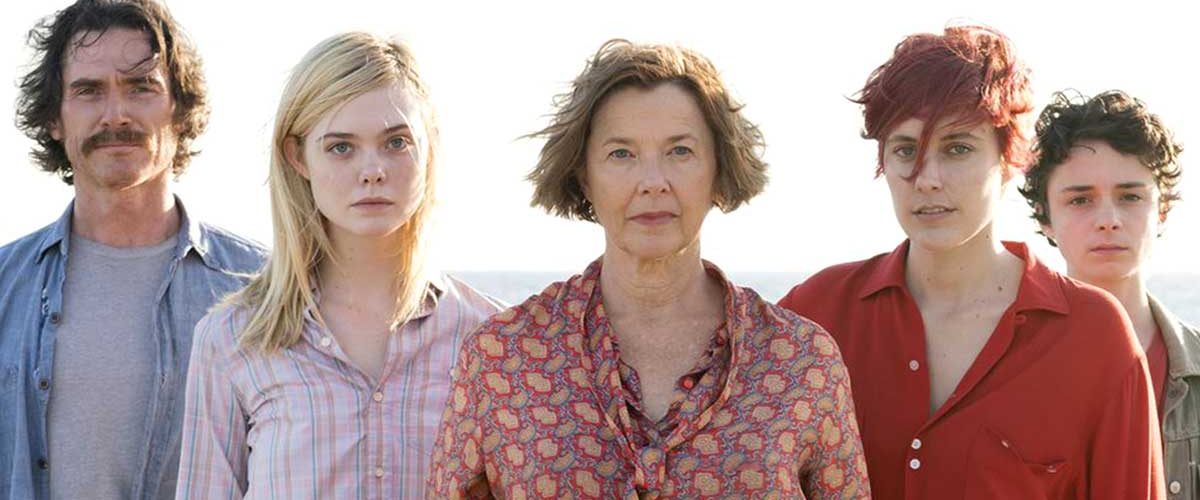20th Century Women is a heart-warming intergenerational cinematic piece, portraying adolescence and nostalgia with a melancholic spirit. Director and writer, Mike Mills, draws on the memories of his own youthful past making this film effortlessly authentic.
Set in Santa Barabara, 1979, a time of pivotal transition in American History, 20th Century Women is centred around single mother, Dorothea Fields (an award-worthy performance by Annette Bening), who plays an overbearing single mother in her mid-50s. Born in the great depression, Dorothea is finding it increasingly difficult to relate to her teenage son Jamie (Lucus Jade Zuman) at a time brimming with cultural change and rebellion. In a state of worry, Dorothea enlists the help of Jamie’s close female confidants.
Abbie (Greta Gerwig), is a free-spirited self-described punk. She boards at Dorothea’s house and is typecasted as the revolutionist feminist who grew up surrounded by liberation and protest. Abbie discusses taboo subjects of the 1970’s proudly at the dinner table as Dorothea cowers over the generational approach. Although a tough ‘open book’ exterior, Abbie has her own worries and concerns that she holds throughout the film that indirectly impact Jamie’s outlook on a complicated world.
Julie (Elle Fanning) is also called upon by Dorothea. Julie is the love interest of Jamie and is a provocative modern girl coming into womanhood. She blatantly struggles with self-identity and self-esteem, yet acts like a strong liberated woman. Unintentionally, Julie teaches Jamie the difference of expectations placed on her as an adolescent woman and the burdens of sexual liberation. Her emotional detachment is the most intriguing part of her character and raises questions that are not fully explored.
Through the enlisted woman, Jamie is able to find a sense of ‘manhood’, that according to Dorothea, he so desperately needed. It seems the film intentionally lacks strong narrative and direction; it was less about a singular pivotal moment and more about a snapshot of four different characters lives how they were momentarily entangled in love, hope and growth in the summer of ’79.
The cinematography itself is noteworthy and worth a trip to the cinemas; perfectly symmetrical shots mixed with deliciously coherent colour schemes have become a staple for director Mike Mills. The film uses flashbacks, quirky stills, stock archive footage and narrative voiceover to gain emphasise on the generational divide. The style was a toned down Wes Anderson-esque format that could easily be attributed to his early work.
The complexities between generations may have been portrayed in the 1970’s but are only more relevant today. 20th Century Women is an example of differentiating opinions and defiant adolescent courage that shapes us. It gives a sense of hope that all is temporary and you can’t help but come out of the cinema with a warm calming essence.
If anything, 20th Century Women is a homage to the 70’s and will show you the unbearing love and worry that a mother has for their child.
Rating: 4.5/5







